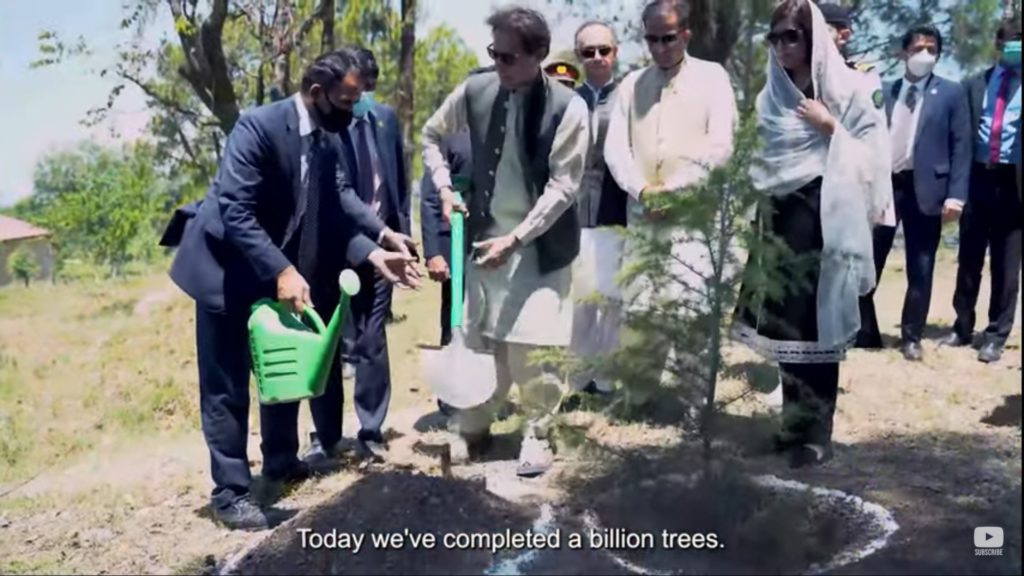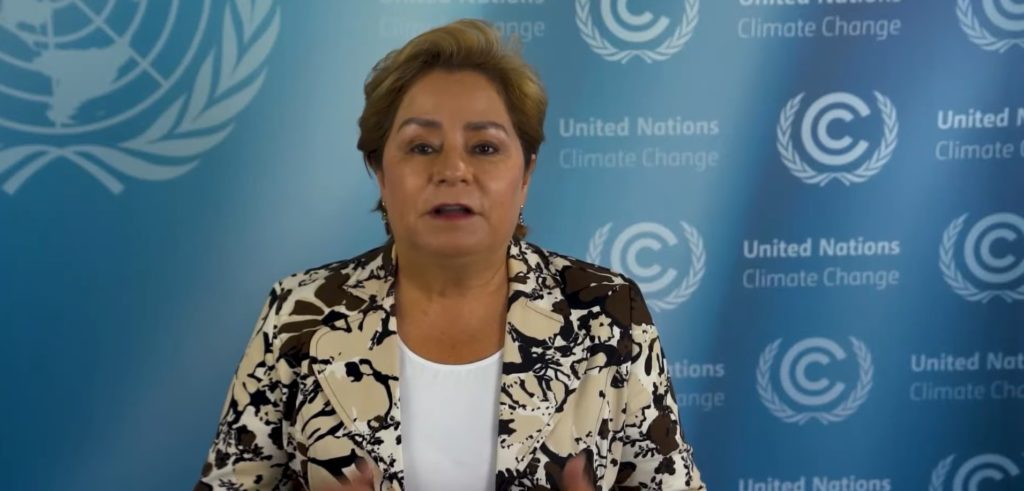
UNITED NATIONS, June 4 – The United Nations expects to go on a high gear the next 10 years in its move to get global cooperation and commitments to work on the protection and revival of ecosystems all around the world.
On the eve of World Environment Day, the UN officially launched the UN Decade on Ecosystem Restoration 2021-2030, aimed at preventing and reversing the degradation of ecosystems on every continent and in every ocean.
The one hour and forty-five minute-special virtual high-level event today brought together UN agencies, heads of State and Government, ministers, policy leaders, civil society, private sector, financial institutions, researchers, youth, artists and activists among others towards the common goal of keeping Mother Earth healthy.
Among government heads who spoke of their countries’ plans at the event were Pakistan Prime Minister Imran Khan, German Chancellor Angela Merkel, President of the Democratic Republic of the Congo Felix-Antoine Tshisekedi, and BarBados Prime Minister Mia Mottley.

Pointing out the various contributors to the planet’s ecosystems damage, Executive Secretary of the UN Framework Convention on Climate Change Patricia Espinosa said an average of 122 million hectares of forest are affected each year by forest fires, drought, pests, diseases, invasive species and adverse weather.
A total of 75 billion tons of fertile soil are lost to land degradation and 12 million hectares of land to desertification and drought with the resulting extinction of species, a rise in threat to human health and food security.
“Stopping the damage is not enough. We need to restore our ecosystems. Restoration enhances ecosystems’ resilience to climate impact. Restoration has considerable mitigation potential as well by sequestering carbon in trees, shrubs and soil.
“It is also important for people as it restores functions essential for livelihoods…land and ecosystem restoration strengthens nature and builds food security and resilience. Nature based solutions that conserve biodiversity can curb emissions, help transform food systems and build adaptation and resilience. Mitigation of and adaptation to climate change ensures a healthy biodiversity and protects the land from further degradation.”
The next 10 years must be a decade of unified action, the sustainable development goals must be achieved and there must be a move towards the implementation of the Paris Climate Agreement, she said.
Led by El Salvador and together with over 70 countries, the United Nations General Assembly (UNGA) proclaimed 2021–2030 as the Decade on Ecosystem Restoration on March 1, 2019. The UN Environment Programme (UNEP) and Food and Agriculture Organization (FAO) are tasked to lead the implementation.
Meanwhile, the World Environment Day celebrated June 5th every year is the United Nations’ biggest annual event for positive environmental action to encourage worldwide awareness of the need to protect the planet.
The 2021 World Environment Day is hosted by Pakistan on the theme of “Ecosystem Restoration” under the campaign “Reimagine. Recreate. Restore.”
–WE